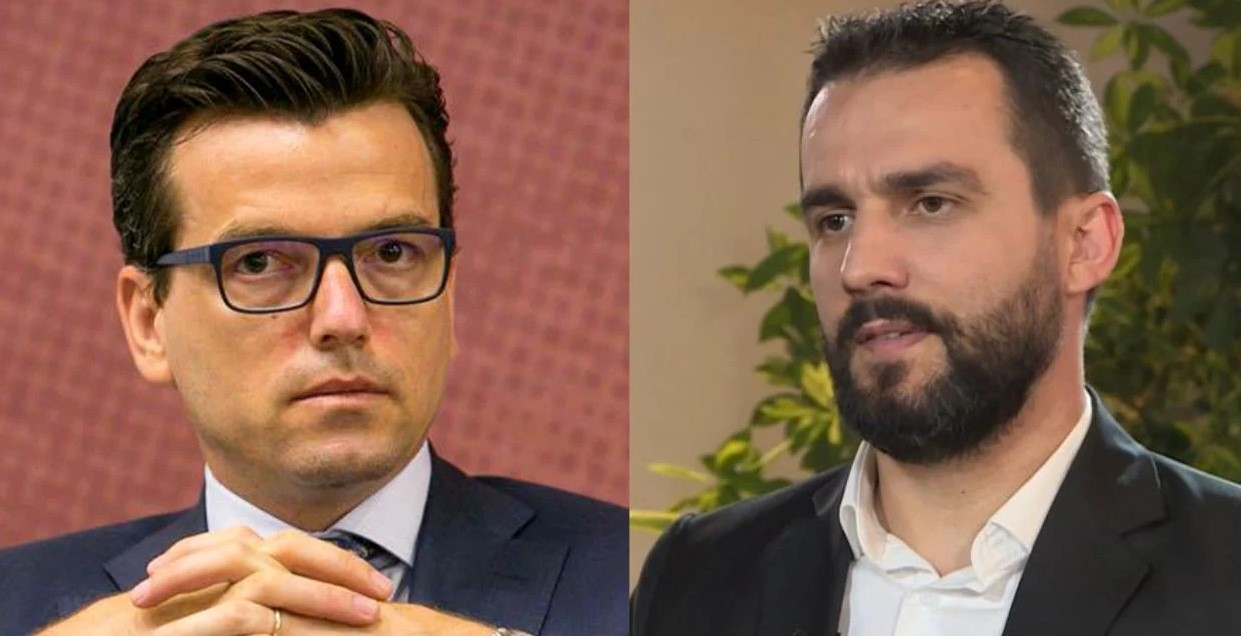Fierce rivalries erupt among new Albanian political parties, undermining reformist image

An escalating series of public feuds among leaders of Albania’s new political parties is threatening their credibility just months before the May 11 elections. Following a very public clash between Adriatik Lapaj, head of Shqipëria Bëhet, and Arlind Qori, leader of the extreme-left Lëvizja Bashkë (Together Movement), a new confrontation has erupted between Lapaj and Agron Shehaj of the Partia Mundësia (Opportunity Party). The two are trading accusations of corruption and financial misconduct, further disappointing voters who had seen these parties as a promising alternative to Albania’s traditional political elite.
Why is this important: There have long been calls in Albania for fresh political leadership to challenge the dominance of traditional parties. Many hoped that the May 11 elections would finally introduce serious new forces into the political arena. The weakening of the Democratic Party and the long spell in power by the Socialists has created space for new actors. Polls too indicated substantial support for these new parties, which were seen as a clean break from the old politics. However, critics now question whether voting for these so-called “reformist” parties is worthwhile, given their recent behavior, which is becoming identical to the conduct of the establishment they aim to replace.
Context: During a recent anti-government protest in Tirana, Lapaj and Qori’s senior representatives drew negative attention by engaging in a public dispute. In a ridiculous show of protagonism, their representatives clashed physically over whose turn it was to speak at the protest. The feud escalated with verbal attacks on each other during TV interviews.
The latest scandal involved a fierce verbal showdown between Lapaj and Shehaj over serious corruption allegations. During a debate on Top Story, one of Albania’s leading television programs, Shehaj accused Lapaj of receiving 45 million lek from Merkaj Invest. The company is under investigation by the Special Structure Against Corruption and Organized Crime (SPAK) for acting as a money laundering front for one of Albania’s most notorious criminal organization. It is currently being investigated for a number of murders and trafficking huge quantities of cocaine. Shehaj further accused Lapaj of leveraging his father-in-law’s judicial influence to secure illicit benefits.
Lapaj vehemently denied the accusations, insisting the money he received from the company was for unpaid legal services rendered two years ago. “I have not taken any money. These are unpaid debts for my legal work,” Lapaj asserted, announcing he would sue Shehaj for defamation.
What else was said: Shehaj pressed further, accusing Lapaj’s father-in-law, a former judge and head of the Saranda Court, of favoring decisions related to Merkaj Invest. Lapaj dismissed the claims as absurd, challenging Shehaj to prove them in court. “This is political manipulation, pure and simple,” Lapaj countered.
In response to the scandal, Arlind Qori called on the Special Structure Against Corruption and Organized Crime (SPAK) to investigate the accusations. He emphasized the need for transparency, arguing that leaders presenting themselves as reformers must be held accountable. Qori also reiterated his party’s refusal to form alliances with other new parties, claiming that recent events validate his stance.
What next: The ongoing public disputes have disappointed many Albanians who had high hopes for political change. Critics argue that these parties are incapable of breaking Albania’s entrenched cycle of conflictual politics and corruption. Political commentators suggest that such behavior may drive disillusioned voters back to the established Socialist and Democratic parties, despite widespread dissatisfaction with both.
Both Shehaj and Lapaj have pledged legal action, ensuring that their dispute will remain in the public spotlight as elections draw closer. If SPAK decides to investigate, the stakes could escalate further. Meanwhile, leaders like Qori are expected to use these controversies to position themselves as uncompromising opponents of corruption and political dysfunction.


